![]()
Symposium Presenters

Dr. Michael Good
Senior Vice President for Health SciencesDr. Michael Good
Senior Vice President for Health SciencesDr. Michael Good is the CEO of University of Utah Health, the Dean of the University of Utah School of Medicine, and the Senior Vice President of University of Utah Health Sciences. He is a professor of anesthesiology. Prior to arriving in Utah, Dr. Good held many leadership positions at University of Florida (UF) and its clinical affiliates, including dean, interim dean, senior associate dean for clinical affairs, chief of staff for Shands at UF, chief of staff for the Malcom Randall VA Medical Center, and system medical director for the North Florida/South Georgia Veterans Health System. Early in his academic career, Dr. Good led a team of UF physicians and engineers to create the Human Patient Simulator, a sophisticated computerized teaching tool that is now used in health education programs throughout the world. He graduated with distinction from the University of Michigan with a bachelor’s degree in computer and communication sciences. Dr. Good also earned his medical degree from Michigan, completed his residency training and a research fellowship in anesthesiology at UF, and joined the UF College of Medicine faculty in 1988. Dr. Good and his wife, Danette, have five children and four grandchildren.
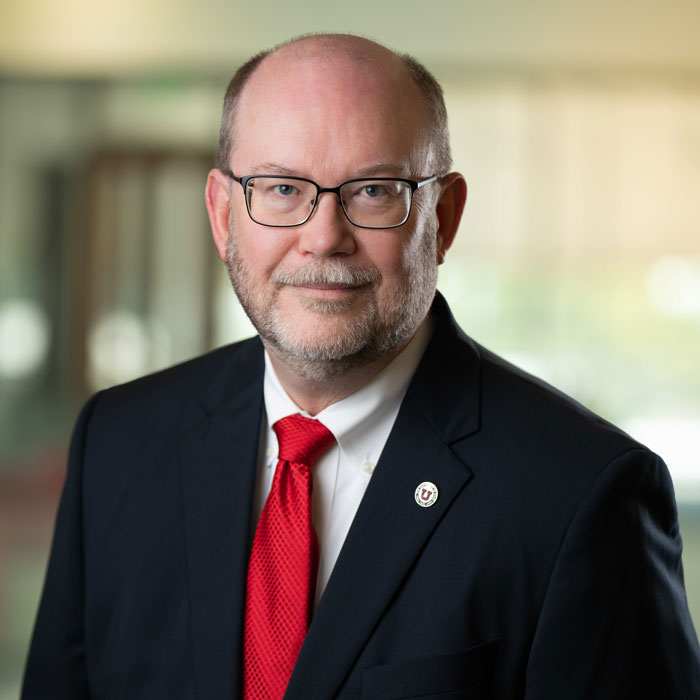
Dr. Dan Reed
Senior Vice President for Academic AffairsDr. Dan Reed
Senior Vice President for Academic AffairsDaniel A. Reed is the Senior Vice President for Academic Affairs (Provost) at the University of Utah. Previously, he was the University Chair in Computational Science and Bioinformatics, and Professor of Computer Science, Electrical and Computer Engineering, and Medicine at the University of Iowa, where he also served as Vice President for Research and Economic Development. Previously, he was Microsoft’s Corporate Vice President for Technology Policy and Extreme Computing, where he helped shape Microsoft's long-term vision for technology innovations in cloud computing and the company's policy engagement with governments and institutions worldwide.
Before joining Microsoft, he was the founding director of the Renaissance Computing Institute (RENCI) at the University of North Carolina at Chapel Hill, where he also served as Chancellor’s Eminent Professor and Vice Chancellor for Information Technology. Prior to that, he was Gutgsell Professor and Head of the Department of Computer Science at the University of Illinois at Urbana-Champaign (UIUC), Director of the National Center for Supercomputing Applications (NCSA). He was also one of the principal investigators and chief architect for the NSF TeraGrid.
Dr. Reed has served as a member of the U.S. President’s Council of Advisors on Science and Technology (PCAST) and the President’s Information Technology Advisory Committee (PITAC). He has served on the National Academies Board on Global Science and Technology, the International Telecommunications Union CTO Council, and the ICANN Generic Names Supporting Organization Council. He is the past chair of the Board of Directors of the Computing Research Association (CRA), which represents PhD-granting computer science departments in North America, and currently serves on its government affairs committee.
He is the incoming chair of Section T (Informatics) of the AAAS. He currently is a member of the National Science Board (NSB0, chairs the Department of Energy’s Advanced Scientific Computing Advisory Committee (ASCAC), chairs the NAS Panel on Computational Sciences at the Army Research Laboratory, serves on the board of directors for the Institute for Research on Innovation and Science (IRIS), and serves on the National Center for Optical Astronomy Management Oversight Council
Dr. Reed is a Fellow of the ACM, the IEEE and the AAAS. He received his B.S. from Missouri University of Science and Technology and his M.S. and Ph.D. from Purdue University, all in computer science.
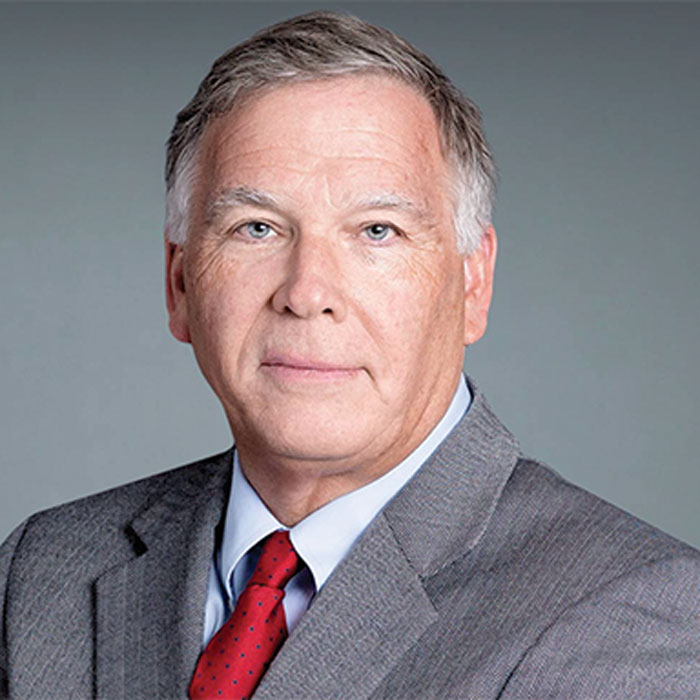
Dr. George D. Thurston
Director, Program in Exposure Assessment and Human Health Effects at New York University School of MedicineDr. George D. Thurston
Director, Program in Exposure Assessment and Human Health Effects at New York University School of MedicineProfessor Thurston is Director of the Program in Exposure Assessment and Human Health Effects at the Department of Environmental Medicine, NYU School of Medicine, and is a leading scholar on the human health effects of air pollution. His research has focused on health effects of air pollution in New York City, as well as in cities across the nation and around the world. In 1987, he published the first research that showed the association between fine particulate matter (PM2.5) and mortality, as well as the first paper using source apportionment methods to relate specific PM2.5 sources with mortality, especially coal burning. In New York City, this has included his Backpack Study of the effect of diesel air pollution on children with asthma in the South Bronx. His research and collaborations in cities around the globe has included a study of the effects of industrial air pollution among children in Cubatao, Brazil. He was also an author of the most recent World Health Organization (WHO) Global Burden of Disease (GBD) report, published in the Lancet in 2012, which provided global estimates of the life years lost due to outdoor fine particulate matter air pollution (PM2.5), which were based in large measure on Dr. Thurston's ACS cohort studies of PM2.5 air pollution and mortality, and his leading-edge collaborative research in which global PM2.5 concentrations were estimated based on global satellite data. Dr. Thurston has also been a leader in advancing the intersection of science and public policy decision-making. He has been called upon to testify before the US Senate and the House of Representatives on dozens of occasions to explain the public policy implications of air pollution research, most recently in October 2011 regarding the proposed mercury emission regulations. In 1999, he spoke at the Community of Parties (COP5) Kyoto Protocol meeting held in Bonn, Germany regarding his research on the immediate human health co-benefits of climate change mitigation steps from associated cleaner air quality. In 2002, he was called upon to testify before the Senate on the human health effects associated with the Word Trade Center disaster, in which he took a leadership role in collecting air pollution samples independent of the government, and in directly sharing that information with the community through public forums led by him at NYU and in Lower Manhattan. He has also served as a member of the U.S. EPA Clean Air Science Advisory Council (CASAC) that advises the EPA Administrator on the setting of the U.S. air quality standards, and has served on a National Academy of Science advisory committee on the environmental aspects of Waste Incineration. As a result of these activities, he has been frequently interviewed by the networks and the press, most recently on CNN International regarding the increasing problem of air pollution in Beijing, China. He has provided consistent leadership in his scientific organizations, and his research has been honored for its excellence by the scientific community. In May 2003, he organized and hosted the U.S. EPA supported international meeting: Workshop on the Source Apportionment of PM Health Effects. In 2004, he co-hosted the International Society of Environmental Epidemiology annual meeting, held at the NYU Kimmel Center in Washington Square. In 2012, Prof. Thurston was awarded the prestigious Haagen Smit Prize by the scientific journal Atmospheric Environment, and in 2018 he was awarded the American Thoracic Society's Public Service Award.

Steve Bannister
Associate Professor-lecturer, Economics and Director of the MIAGE Program, Social & Behavioral ScienceSteve Bannister
Associate Professor-lecturer, Economics and Director of the MIAGE Program, Social & Behavioral ScienceProfessor Bannister, after a career in international consulting and management, completed his Ph.D. in Economics in 2015 and was appointed as a lecturer and researcher in the Department of Economics at the University of Utah. Professor Bannister's primary research interest is in E3 (Energy, Economics, and Environment). Additionally, Professor Bannister has appointments as the Director of the Master of Science in International Aairs and Global Enterprise (MIAGE) program, and as Associate Director for Macroeconomic research and policy in the Economic Evaluation Unit in the Department of Economics.
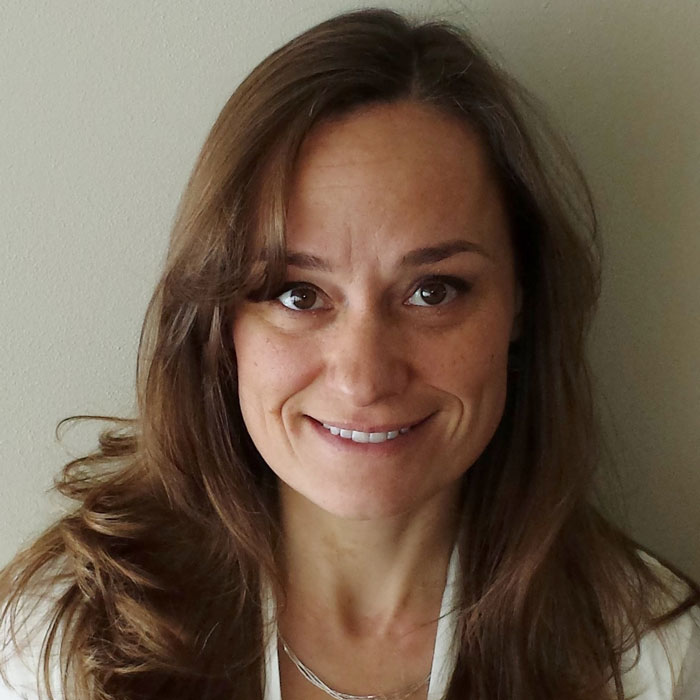
Tabitha Benney
Assistant Professor, Political ScienceTabitha Benney
Assistant Professor, Political ScienceDr. Benney is an Assistant Professor in the University of Utah’s Department of Political Science and affiliated faculty in the Environmental and Sustainability Studies Program and the Center on Global Change and Sustainability. She is also a Research Fellow for the Earth Research Governance Network and an Affiliated Researcher with the Evolving Securities Initiative (ESI) at the University of Cape Town, South Africa. In addition, from 2002-2007, she worked in the Policy and Global Affairs Division of the U.S. National Academy of Sciences (NAS).
Dr. Benney teaches in the fields of International Relations, International and Comparative Political Economy, Energy and Environmental Politics, and Research Methods. Her research focuses on mapping interactions within complex coupled systems and her work has been published in The Review of International Political Economy, The Routledge Handbook on Ethics, The World Financial Review and Wiley’s Interdisciplinary Reviews: Climate Change – among others. Her books include, Making Environmental Markets Work: The Varieties of Capitalism in Emerging Economies (Routledge Press, 2015), Agency in Earth System Governance (coedited with Michele. Betsill and Andrea Gerlak – Cambridge, 2019), and Toward a New Energy Future with Jan Froestad, Cameron Holley and Clifford Shearling (Edward Elgar, forthcoming). In addition, Dr. Benney he has received numerous awards, fellowships and grants including, the Interdisciplinary Research Pilot Program (IRPP) Grant, the Louis G. Lancaster’s International Relations Award, the Betty Glad Research Grant, the University of Utah Teaching Fellowship and, most recently, the International Studies Association (ISA) Catalytic Research Workshop Grant.
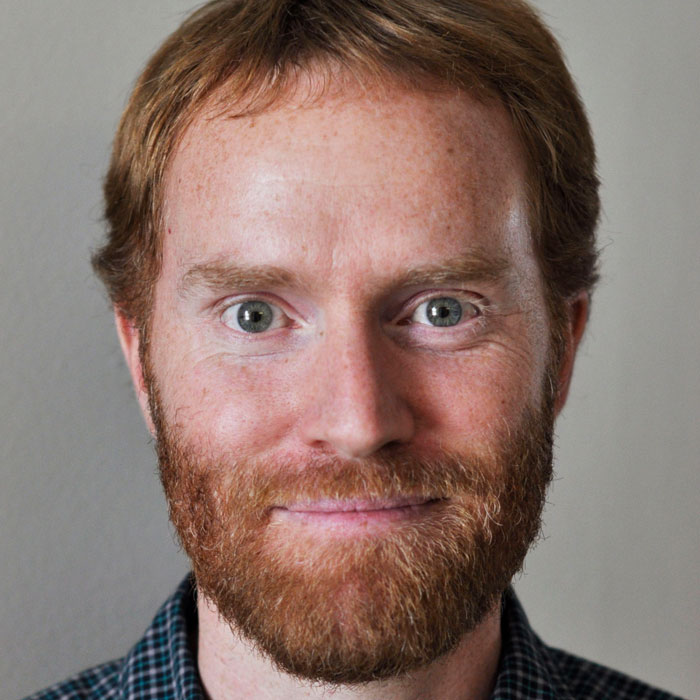
Logan Mitchell
Research Assistant Professor, Atmospheric SciencesLogan Mitchell
Research Assistant Professor, Atmospheric SciencesLogan Mitchell, PhD, is an atmospheric scientist at the University of Utah who is studying patterns of air quality and greenhouse gas emissions in urban areas along the Wasatch Front and across the U.S. His research utilizes mobile platforms such as TRAX trains and Google Street View cars to measure atmospheric composition to improve our understanding of emissions and provide decision support to stakeholders and policymakers. He enjoys discussing how solutions to air and climate issues will benefit our quality of life and will be essential for our economic future.
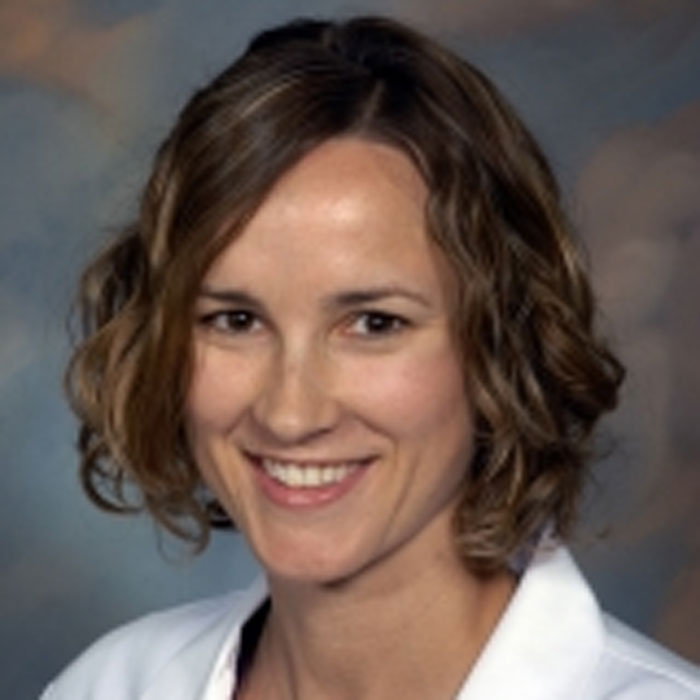
Cheryl Pirozzi
Assistant Professor-clinical, Pulmonary Medicine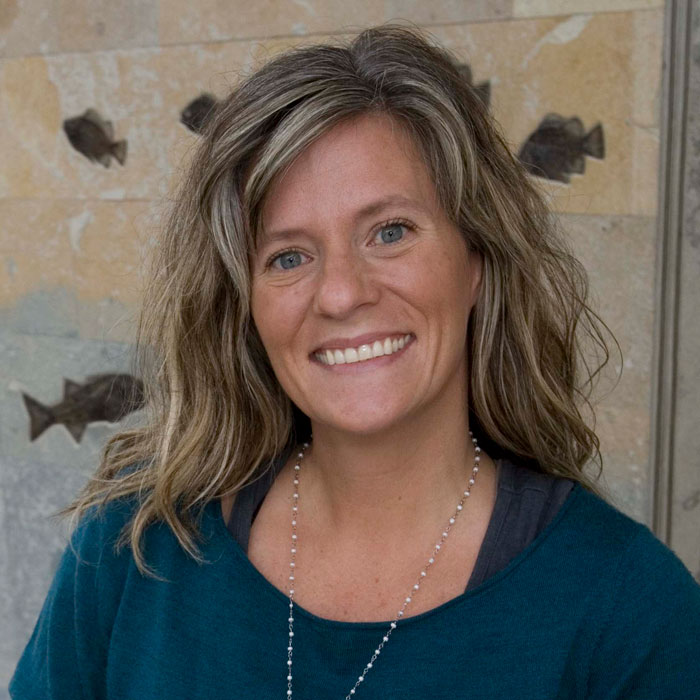
Brenda Bowen
Associate Professor of Geology and Geophysics, and Director of Global Change and Sustainability CenterBrenda Bowen
Associate Professor of Geology and Geophysics, and Director of Global Change and Sustainability CenterBrenda B. Bowen is interdisciplinary geoscientist who serves as the Director of the Global Change and Sustainability Center and is an Associate Professor of Geology and Geophysics at the University of Utah. She has ~50 publications that focus on how changing environmental conditions influence the composition of sediments and fluids in modern systems and ancient strata. She is interested in the links between biology, geochemistry, sedimentology, and human activities in extreme environments. Her research involves collaboration with scholars and practitioners from across disciplines, and works to understand sustainable solutions for global challenges such as energy, resources, and climate.
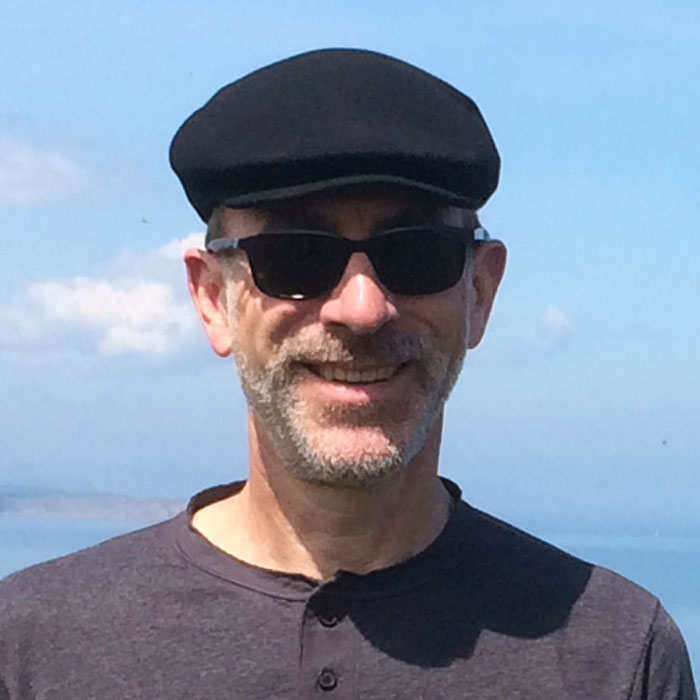
Keith Bartholomew
Associate Professor, City & Metropolitan PlanningKeith Bartholomew
Associate Professor, City & Metropolitan PlanningKeith Bartholomew is the Associate Dean of Academic Affairs at the University of Utah College of Architecture + Planning and an Associate Professor of City & Metropolitan Planning. Before coming to Utah, Professor Bartholomew served as a staff attorney for 1000 Friends of Oregon and was the director of “Making the Land Use, Transportation, Air Quality Connection” (LUTRAQ). Professor Bartholomew teaches and conducts research on integrated land use-transportation scenario analysis, pedestrian-oriented design, and land use law.

John Lin
Professor of Atmospheric SciencesJohn Lin
Professor of Atmospheric SciencesJohn C. Lin is a Professor of Atmospheric Sciences at the University of Utah. He received his Ph.D. from Harvard University, and his research program focusses on the exchange of greenhouse gases and pollutants between the land surface and the atmosphere. He leads the Land-Atmosphere Interactions Research (LAIR) group, which makes use of computer models of the atmosphere to interpret observations. He is also a founding member of the Utah-Atmospheric Trace gas & Air Quality lab ("U-ATAQ"), which carries out observations of greenhouse gases and air quality throughout Utah.
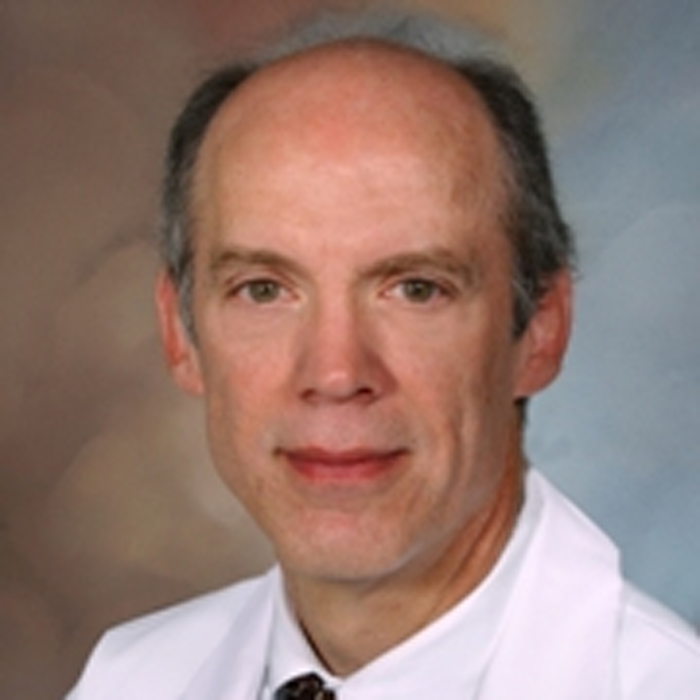
Rob Paine
Professor, Pulmonary MedicineRob Paine
Professor, Pulmonary MedicineRobert Paine MD is Chief of Pulmonary and Critical Care Medicine at the University of Utah and is actively engaged in clinical care, basic and clinical research, and medical education. He has a long-term research interest in pulmonary innate immunity in the setting of acute and chronic lung diseases. He directs an active basic research laboratory investigating the effects of stressors including infection, air pollution, and other environmental factors on these innate immune responses. He is also involved in human studies to understand chronic smoking-related illnesses. He has been a leader in state policy issues related to air pollution, and currently leads the University of Utah Program for Air Quality Health and Society.

Christopher Reilly
Professor Associate Director, Pharmacology and ToxicologyChristopher Reilly
Professor Associate Director, Pharmacology and ToxicologyDr. Reilly is a Professor in the Department of Pharmacology and Toxicology at the University of Utah. His research focuses on elucidating biochemical mechanisms by which xenobiotics interact with and affect, in beneficial and adverse ways, humans. Dr. Reilly’s research program focuses on: 1) the role of transient receptor potential (TRP) ion channels in environmental lung diseases such as asthma and COPD; 2) mechanisms by which inhaled environmental pollutants affect the respiratory tract and overall human health; 3) the role of cytochrome P450 enzymes in regulating the toxicity and therapeutic efficacy of xenobiotics; and 4) drug discovery, specifically focusing on TRP modulators to manage inflammation, pain, respiratory and other diseases.
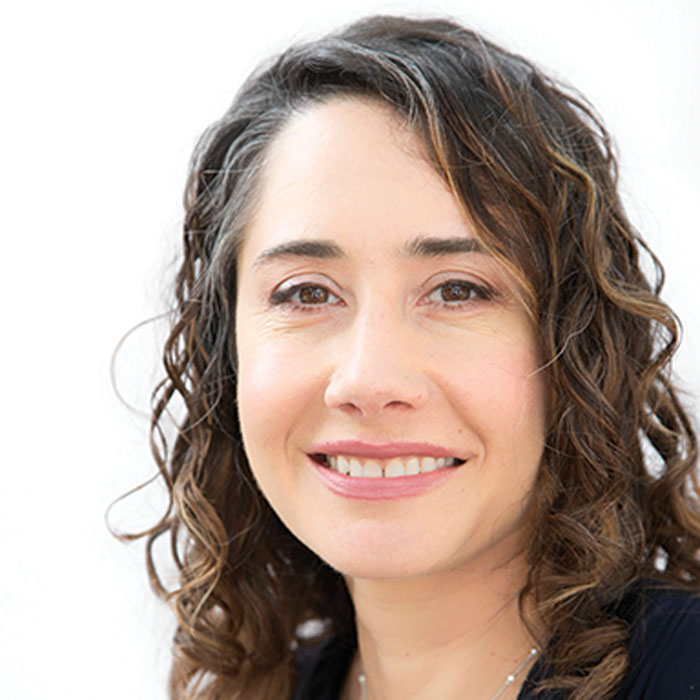
Diane Pataki
Professor, Biological Sciences and Associate Vice President for ResearchDiane Pataki
Professor, Biological Sciences and Associate Vice President for ResearchDr. Diane E. Pataki is the Associate Vice President for Research at the University of Utah. She is also a Professor in the School of Biological Sciences with an adjunct appointment in the Department of City & Metropolitan Planning. She is an urban ecologist with a research emphasis on the interactions between vegetation, the physical environment, and urban planning, forestry, and design. Her lab utilizes methods from plant physiological ecology, ecosystem science, and bioclimatology to measure the impacts of urban landscapes on local climate, hydrology, atmospheric composition, and human well-being. She received a B.A. in environmental science at Barnard College and an M.S. and Ph.D. at the Duke University Nicholas School of the Environment. Dr. Pataki is a Fellow of the American Geophysical Union (AGU) and the Ecological Society of America (ESA). She is currently the Vice President for Science of ESA and a member of the Biological Sciences Directorate Advisory Committee (BIO AC) and the Advisory Committee for Environmental Research and Education (AC ERE) of the National Science Foundation.
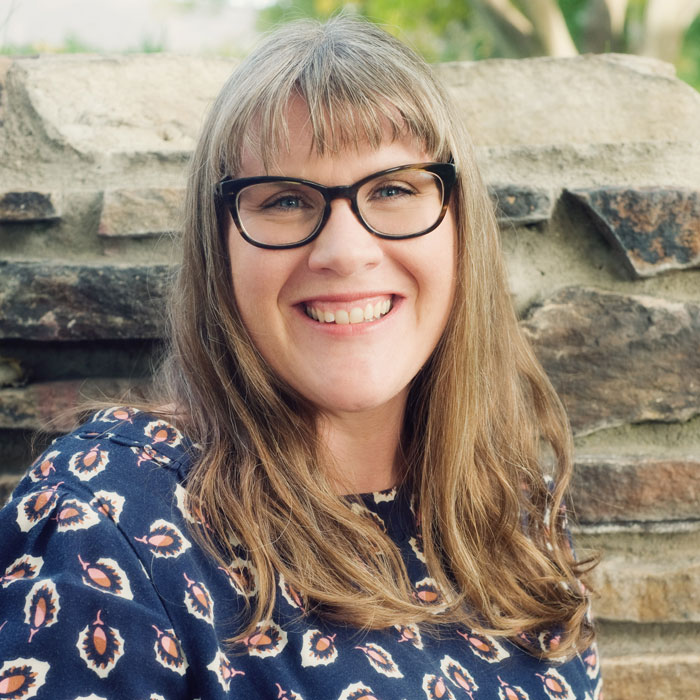
Danielle Endres
Professor, CommunicationsDanielle Endres
Professor, CommunicationsDanielle Endres (Ph.D., University of Washington) is Professor of Communication at the University of Utah. She is also affiliated faculty in the Environmental Humanities Program and the Global Change and Sustainability Center at the University of Utah. Her research focuses on the rhetoric of science/environmental controversies including nuclear waste siting decisions, climate change, and energy policy. Her work is also guided by principles of environmental justice and often focuses on how underrepresented and marginalized groups, particularly North American indigenous people, engage in science and environmental controversies. Endres is the co-author of Participatory Critical Rhetoric: Theoretical and Methodological Foundations of Studying Rhetoric In Situ and has published in Quarterly Journal of Speech, Rhetoric & Public Affairs, Communication and Critical Cultural Studies, Western Journal of Communication, Environmental Communication, Argumentation, Argumentation & Advocacy, and Local Environment. The National Science Foundation and several fellowships from the University of Utah have funded her research. Outside of work, Endres enjoys walking in the mountains and venturing to national parks with her partner and two kids.
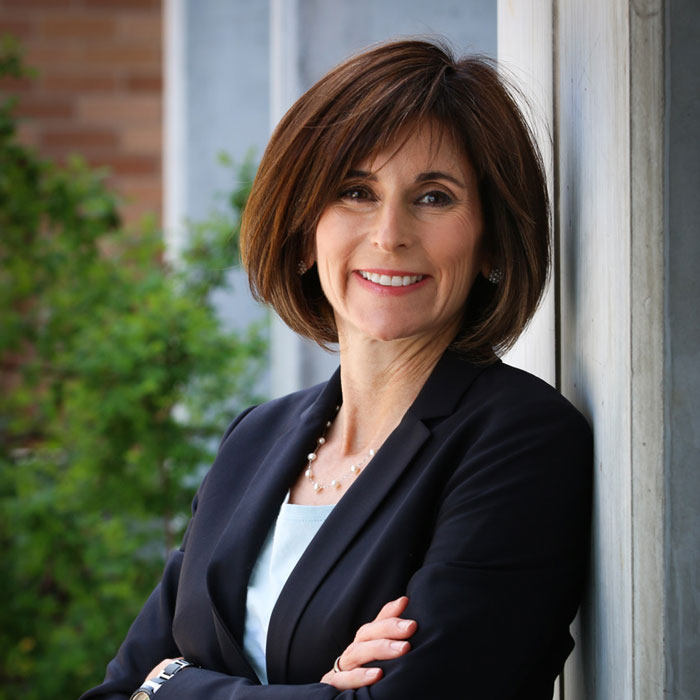
Kerry Kelly
Assistant Professor, Chemical EngineeringKerry Kelly
Assistant Professor, Chemical EngineeringDr. Kerry Kelly is an Assistant Professor in Chemical Engineering at the University of Utah. Her research focuses on the links between energy, air quality and human health. She received a B.S. in Chemical Engineering from Purdue University, a M.S. in Environmental Engineering from the University of North Carolina-Chapel Hill, and a PhD in Environmental Engineering from the University of Utah. Her research is motivated by local and regional air-¬quality challenges. Dr. Kelly served 8 years on Utah’s Air Quality Board, and currently serves on Utah’s Air Quality Policy Board. Her research includes projects to understand the links between combustion particle properties and their health effects, to develop the next-generation of low-cost particulate matter sensors, to develop real-time estimates of particulate matter concentration and uncertainty, and to help engage high-school and middle-school students as citizen scientists.
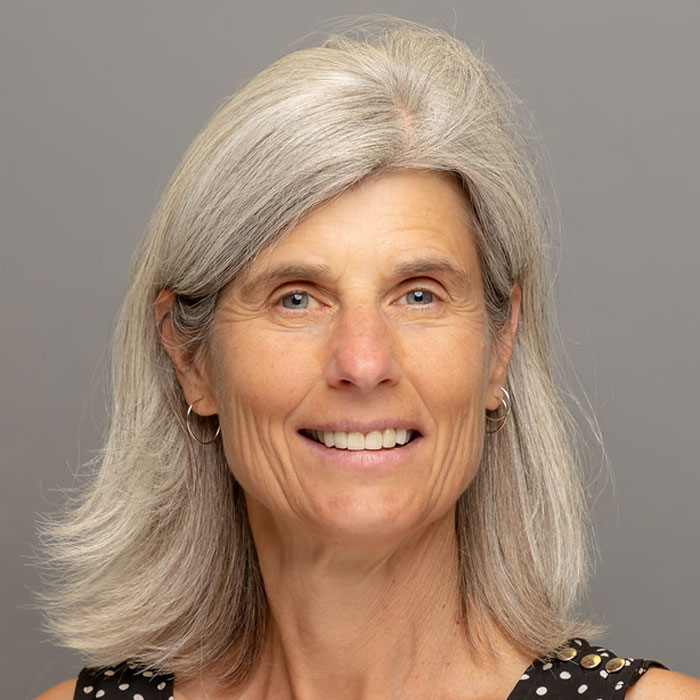
Robin Marcus
Professor, Physical Therapy/Athletic Training, Chief Health OfficerRobin Marcus
Professor, Physical Therapy/Athletic Training, Chief Health OfficerDr. Marcus is a Professor of Physical Therapy, Associate Dean for Clinical Affairs in the College of Health and the Chief Wellness Officer for University of Utah Health. She is a physical therapist researcher with a background in exercise training in individuals with chronic health conditions. Her research examines the impact of lifestyle changes including exercise, diet and physical activity on health outcomes. More recently, she has become interested in the translation of successful lifestyle interventions to the community, specifically in underserved neighborhoods where chronic diseases have a disproportionate negative impact on overall health. She is uniquely positioned at the crossroads between academic training programs, a clinical health care delivery system, and the community where she believes we have the opportunity to implement innovative strategies to facilitate self-management and promote healthy lifestyle change for our patients and community members who are at high risk for who already suffer with chronic disease.
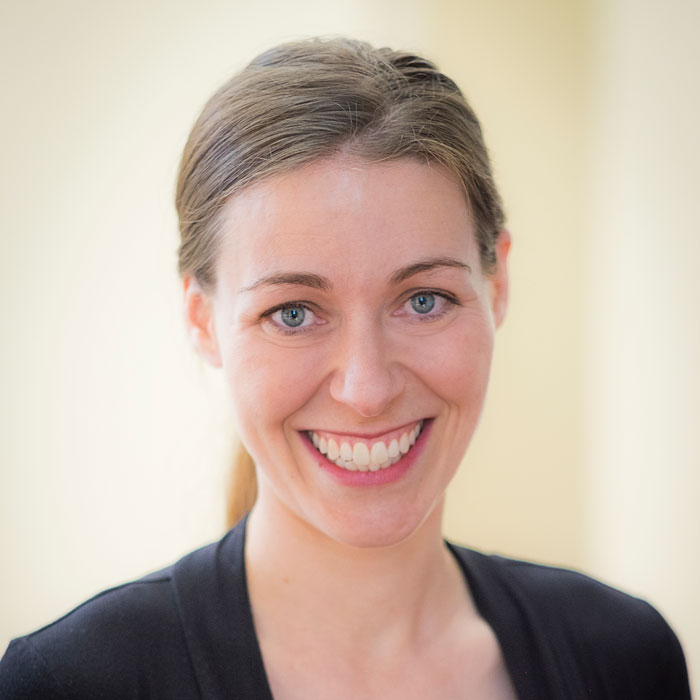
Whitney Tassie
Senior Curator, Curator of Modern and Contemporary Art, Utah Museum of Fine ArtsWhitney Tassie
Senior Curator, Curator of Modern and Contemporary Art, Utah Museum of Fine ArtsIn her seven years at the Utah Museum of Fine Arts at the University of Utah in Salt Lake City, Tassie (she/her) has pushed to make the work of women and people of color more visible, giving exhibitions to and acquiring works by artists including Nancy Holt, Faith Ringgold, Tacita Dean, Lynette Yiadom-Boakye, Yuki Kihara, Duane Linklater, Malick Sidibe, and Katie Paterson. Prior to her appointment at the UMFA, Tassie served as Director of Monique Meloche Gallery in Chicago, worked as a curatorial assistant at the Herbert F. Johnson Museum of Art, and received a MA from the School of the Art Institute of Chicago and a BA from Cornell University. Tassie, a mom to two little kids, believes that art is integral to creating a just world and that museums are political places that should welcome all communities.
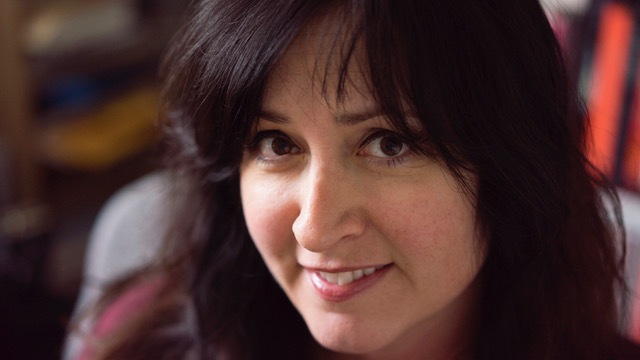
Wendy Wisher
Associate Professor, Sculpture Intermedia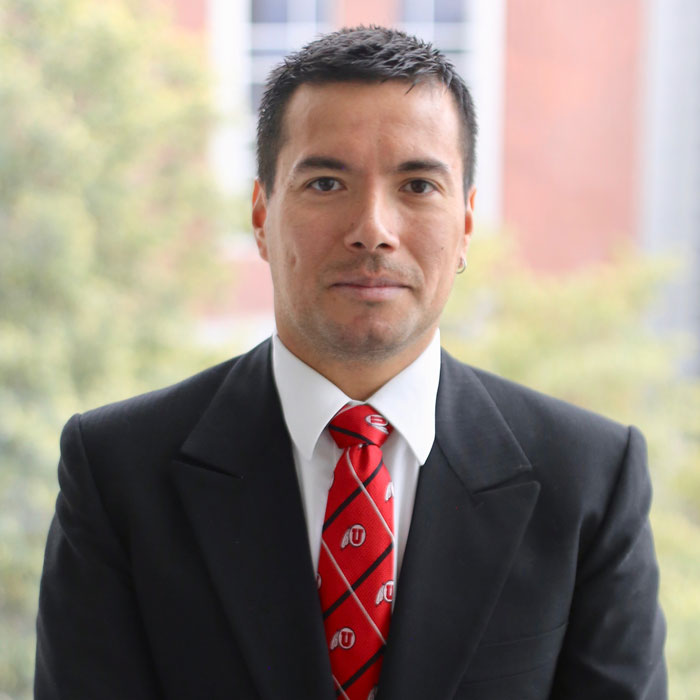
Daniel Mendoza
Research Assistant Professor in Atmospheric Sciences and Pulmonary Fellow in the School of MedicineDaniel Mendoza
Research Assistant Professor in Atmospheric Sciences and Pulmonary Fellow in the School of MedicineDr. Daniel Mendoza holds a joint appointment in the Pulmonary Division in the School of Medicine, and in the Department of Atmospheric Sciences at the University of Utah. His research interests include quantifying and characterizing urban greenhouse gas and criteria pollutant emissions for use in human exposure estimation and metropolitan planning. He also examines the health effects associated with acute and chronic pollutant exposure, particularly in vulnerable populations. He is co-director of the Consortium for Dark Sky Studies, serves as Editor in Chief of the Journal of Dark Sky Studies, and is an instructor in the Capstone Class on Dark Sky Studies at the University of Utah.
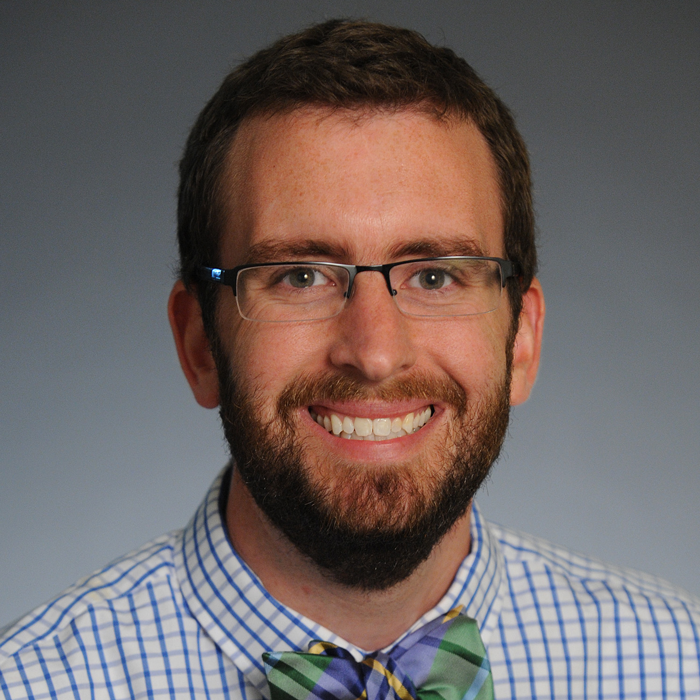
Phillip Singer
Assistant Professor, Political SciencePhillip Singer
Assistant Professor, Political SciencePhillip M. Singer is an Assistant Professor in the Political Science at the University of Utah who studies the politics and policies of health and public health in the United States. Dr. Singer received his PhD from the University of Michigan in Health Services Organization and Policy, from the School of Public Health. His research focuses on comparative health policy, both on the structure of policy and its outcomes for populations, the politics of health policy, and health programs and outcomes for vulnerable populations. His research has been published in The New England Journal of Medicine, JAMA, American Journal of Public Health, and Health Affairs – among others.

Scott Collingwood
Research Assistant Professor, PediatricsScott Collingwood
Research Assistant Professor, Pediatrics
